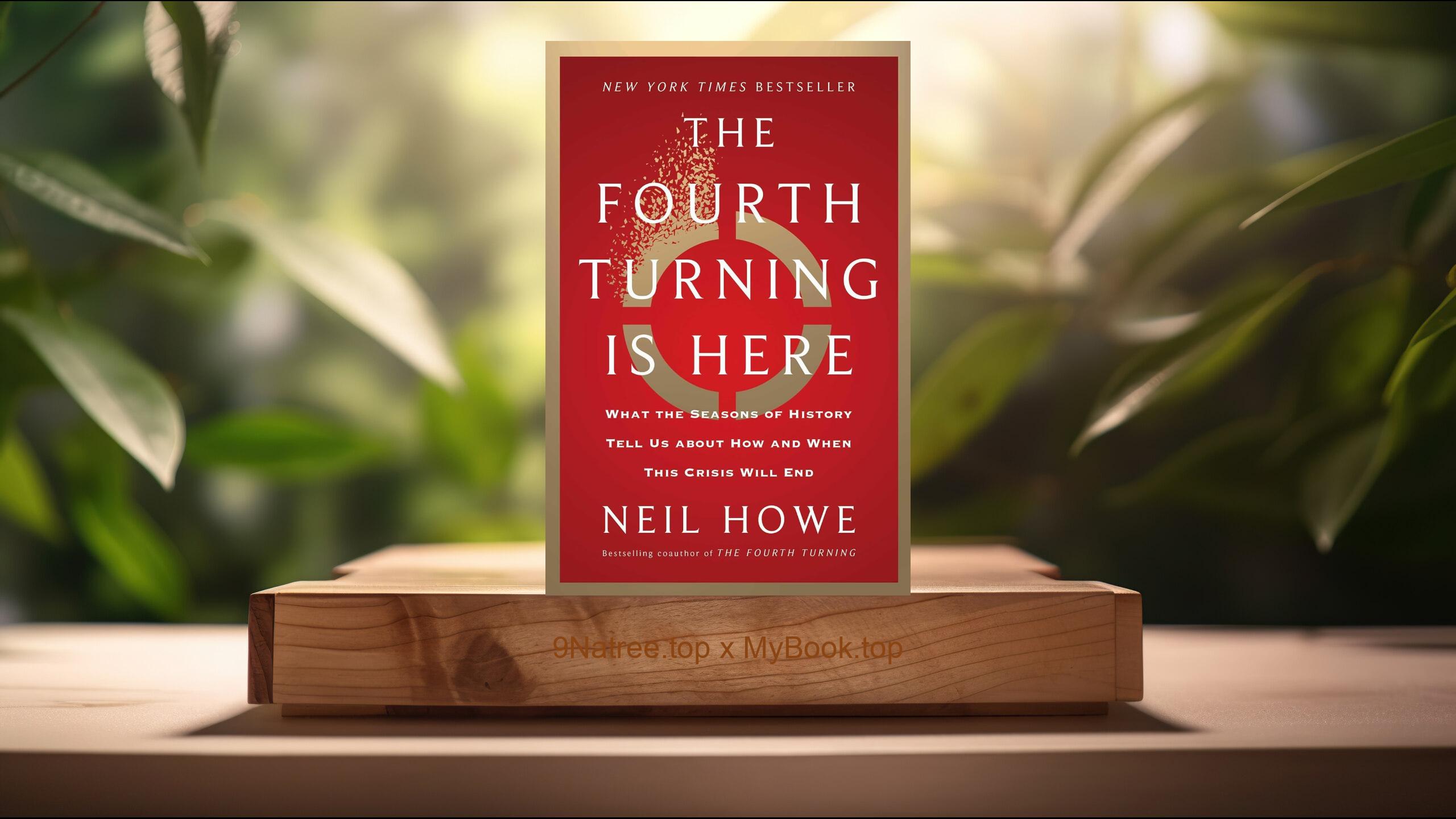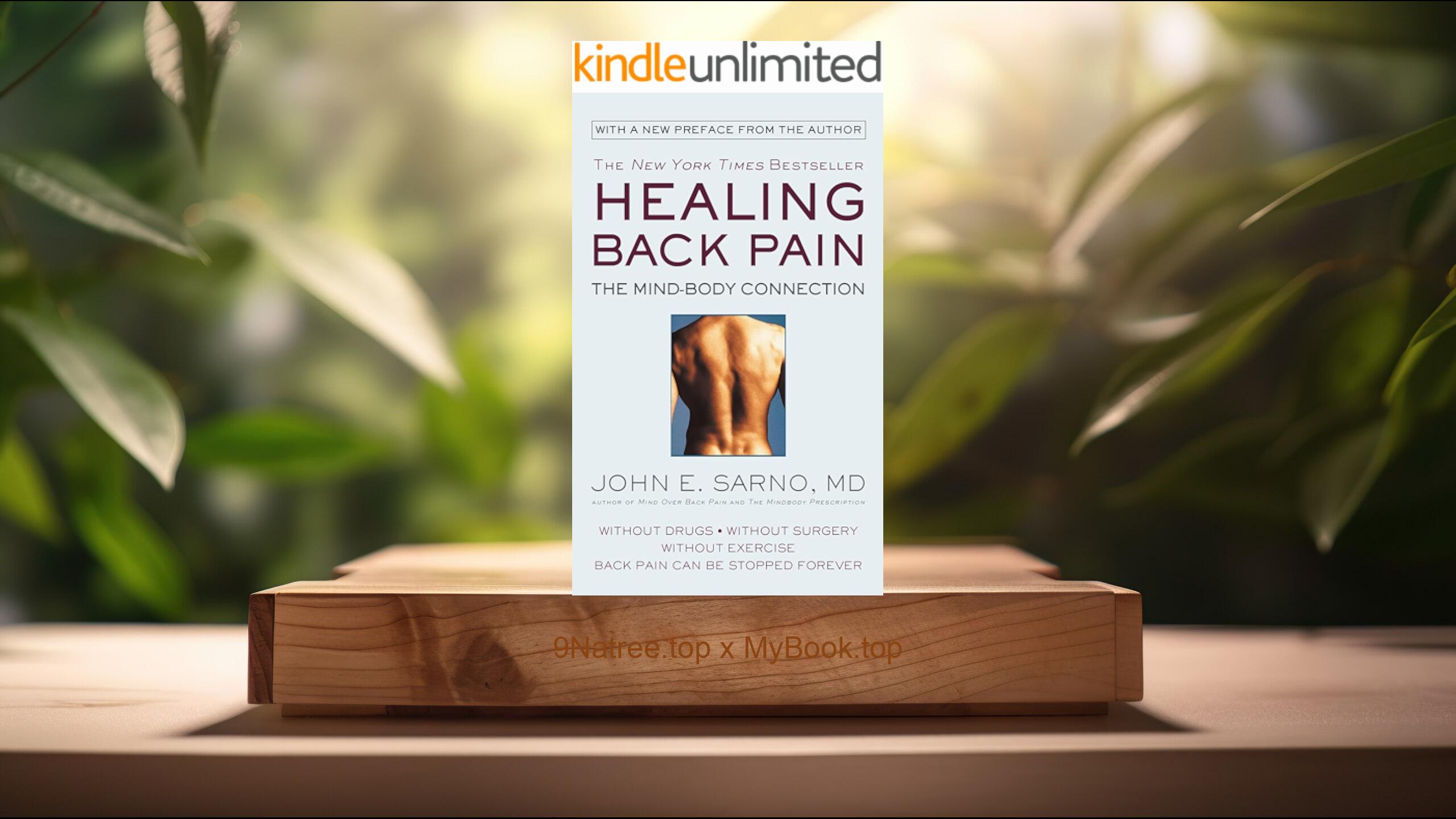Show Notes
- Amazon USA Store: https://www.amazon.com/dp/0142003646?tag=9natree-20
- Amazon Worldwide Store: https://global.buys.trade/The-Mood-Cure-Julia-Ross.html
- Apple Books: https://books.apple.com/us/audiobook/the-mood-cure-the-4-step-program-to-take-charge/id1642558508?itsct=books_box_link&itscg=30200&ls=1&at=1001l3bAw&ct=9natree
- eBay: https://www.ebay.com/sch/i.html?_nkw=The+Mood+Cure+Julia+Ross+&mkcid=1&mkrid=711-53200-19255-0&siteid=0&campid=5339060787&customid=9natree&toolid=10001&mkevt=1
- Read more: https://mybook.top/read/0142003646/
#emotionalhealth #dietarytherapy #aminoacids #mentalwellness #naturalremedies #TheMoodCure
These are takeaways from this book.
Firstly, Understanding the Role of Amino Acids, Julia Ross emphasizes the critical role amino acids play in maintaining mental health in 'The Mood Cure.' Amino acids, the building blocks of proteins, serve as precursors to neurotransmitters, which are crucial for proper brain function and mood regulation. Ross identifies four key neurotransmitters – serotonin, dopamine, GABA, and norepinephrine – and the corresponding amino acids that help produce them. For example, tryptophan enhances serotonin production, which supports calmness and positivity. By incorporating supplements or foods rich in these specific amino acids, individuals can naturally elevate their mood and mitigate symptoms related to deficiencies such as depression and anxiety.
Secondly, Dietary Recommendations and Nutrition, The book meticulously outlines specific dietary recommendations that support emotional health, underscoring the link between diet and mood stability. Julia Ross provides a detailed list of foods to embrace or avoid to optimize brain chemistry. Wholesome foods rich in proteins, healthy fats, and complex carbohydrates are encouraged to ensure adequate supply of essential nutrients for neurotransmitter synthesis. Counteractively, Ross warns against the mood-dampening effects of sugar, caffeine, and processed foods, which can disrupt blood sugar levels and hormone balance, leading to mood swings and energy crashes. These dietary guidelines aim to stabilize the chemical imbalances in the brain, thereby improving emotional resilience and mental clarity.
Thirdly, The Role of Supplements, In addition to dietary changes, Julia Ross advocates for the use of specific dietary supplements to treat mood disorders. She provides a thorough guide on how different supplements such as vitamins, minerals, and especially amino acids can be used to correct deficiencies that may contribute to poor emotional states. For instance, the use of B vitamins for enhancing energy levels and cognitive function is discussed in great detail. This holistic approach not only aids in the immediate improvement in mood but also supports long-term mental health maintenance.
Fourthly, Assessment Tools and Personalization, A standout feature of 'The Mood Cure' is its inclusion of various assessment tools that help readers identify their specific emotional deficiencies and create a tailored treatment plan. These tools involve questionnaires and self-tests that explore different aspects of one's emotional and physical health. Based on the results, Ross provides detailed guidance on selecting the right foods, supplements, and lifestyle changes that correspond with the individual's unique needs. This personalized approach ensures that the strategies are effective and targeted, fostering greater success in achieving emotional stability.
Lastly, Implementing Lifestyle Changes, Beyond diet and supplements, Julia Ross discusses the importance of lifestyle factors in managing mood and emotional health. Stress management techniques such as meditation, exercise, and adequate sleep are highlighted as essential practices that can greatly enhance the effectiveness of the nutritional approach. The integration of these habits is portrayed as crucial for comprehensive mood improvement and sustainability. Ross’s holistic method not only aims to alleviate the symptoms but also addresses the underlying causes of mood disturbances, promoting a balanced and healthy life.
![[Review] The Mood Cure (Julia Ross) Summarized](https://episodes.castos.com/660078c6833215-59505987/images/1998577/c1a-085k3-xxwdv51mcvq0-wu9oqg.jpg)




